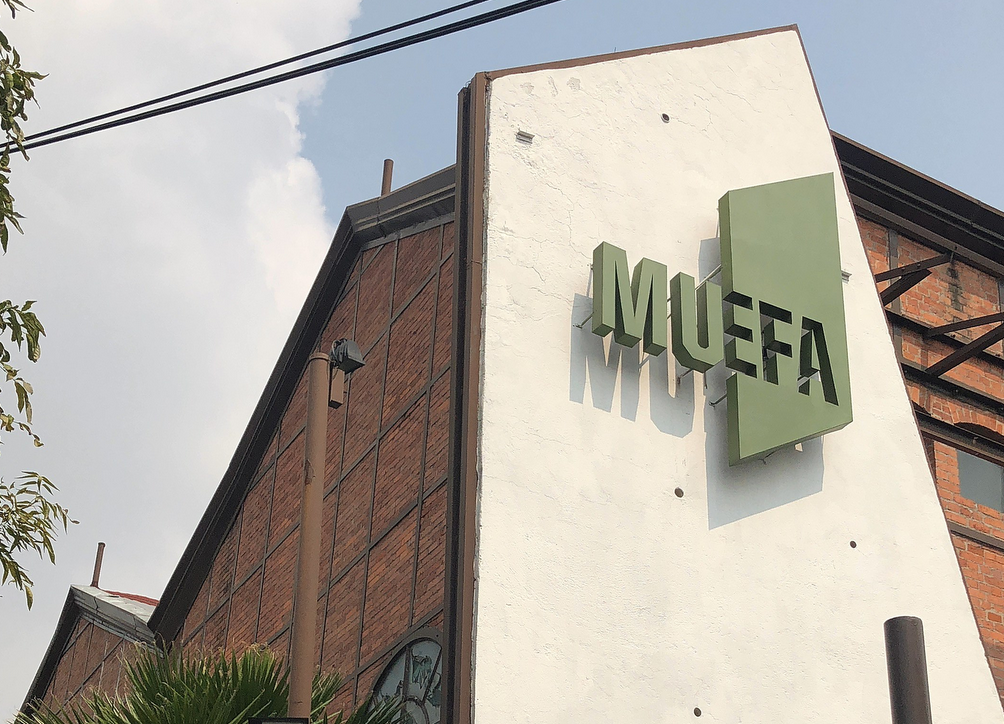
El museo del Ejercito y Fuerza Aérea (MUEFA) es administrado por la la Secretaria de Defensa Nacional. Aunque está en la alcaldía de Coyoacán, es comúnmente llamado el museo de Tlalpan del ejercito ya que se encuentra sobre Calzada de Tlalpan.
El MUEFA se encuentra muy cerca del Museo de las intervenciones, que este fue el escenario del la batalla de Churubusco por lo que es de mucha relevancia histórica. La SEDENA también administra el museo Betlemitas en el centro de la ciudad.
El 13 de septiembre de 2010, la Secretaría de la Defensa Nacional inauguró el Museo del Ejército y Fuerza Aérea (MUEFA), como parte de los festejos del Bicentenario del inicio de la Independencia de México. Sus muros invitan a la reflexión sobre los momentos más significativos de la nación que, por ende, le han dado identidad al pueblo mexicano.
Cuenta con las áreas de exhibición “Siglo XXI” y “Revolución Mexicana”, así como una mesa interactiva para aprender de manera divertida; por supuesto, también alberga una “Sala de Héroes”, dedicada a todos aquellos que hicieron de México un lugar mejor.
El edificio que resguarda el MUEFA fue construido en 1906 como una subestación de energía para la Ciudad de México; después, en 1970, se convirtió en bodega del Departamento del Distrito Federal y posteriormente alojó al Museo Cultural de las Artes Gráficas hasta convertirse en lo que es el día de hoy.
El museo se encuentra cerca de otros puntos de interés comoel parque Masahoshi Ohara y el Centro Nacional de las Artes. Esta a unos pasos del Metro General Anaya de la linea 2.
 muefa.2010@gmail.com
muefa.2010@gmail.com
 +52 (55) 5336 5727
+52 (55) 5336 5727
 http://www.gob.mx/sedena/acciones-y-programas/museo-del-ejercito-y-fuerza-aerea-tlalpan-d-f
http://www.gob.mx/sedena/acciones-y-programas/museo-del-ejercito-y-fuerza-aerea-tlalpan-d-f
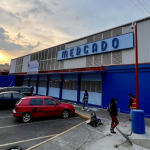
Cercano a 0.23 kms.

Cercano a 0.25 kms.
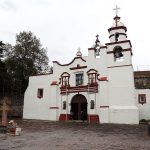
Cercano a 0.27 kms.

An all but forgotten island of the ancient Texcoco Lake . . .
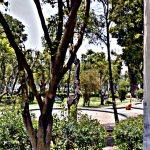
A charming neighborhood park in Tlalpan . . .
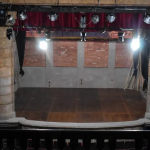
An exceptional mini-theater district in the heart of Churubusco . . .
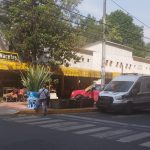
Un mercado de flores abierto las 24 horas en la zona de hospitales . . .
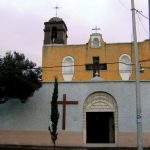
A tiny chapel recalls the long history of the Colonia Tránsito . . .